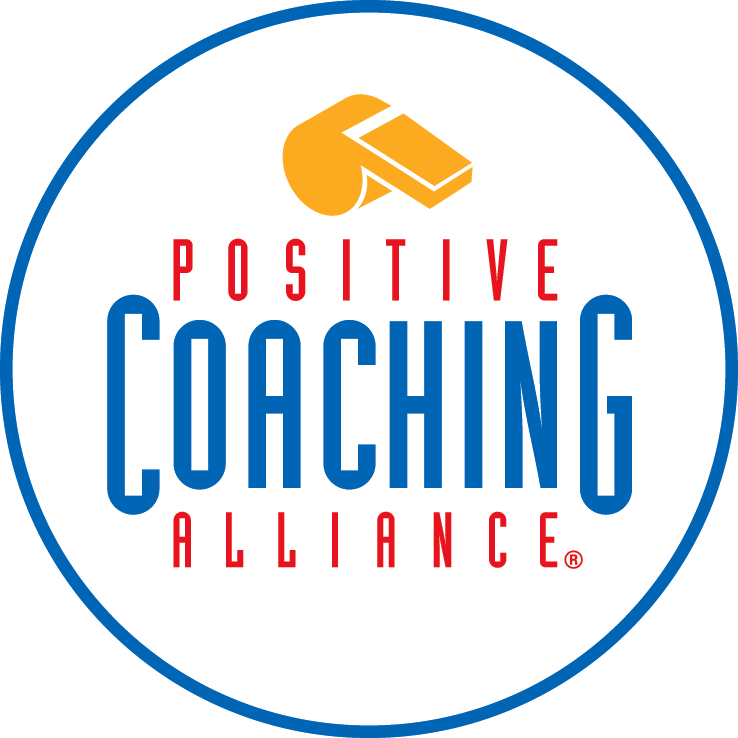
Basketball on the Edge – Almost 40% of High School Athletes DON”T Want Their Parents To Attend Their Games

In a recent study done by Youth Sports Statistics, 37% of high school athletes that took part in the study did not want their own parents attending their games. That is an unbelievably disheartening statistic! And yet, if you have attended one of your child’s games recently you are probably aware of the toxic environment that is an all too frequent scene in youth sports.
Consider a game that I sat through while waiting between my team’s games in a recent tournament. This was a game between two third grade teams. Both of the teams played a zone defense the entire game (not really the point here, but still a huge negative). One team had two coaches on their bench both of whom stood the entire game yelling instructions to the players. There was an open court next to the court on which this particular game was being played. As a result, parents from one team were standing along the sideline of the game court. The game was close from beginning to end. The parents on the sideline were yelling and coaching their kids during the entire game. At one point late in the game I counted no less than six parents standing right on the sideline yelling instructions to their kids during and after every play. Keep in mind that the players also had two coaches yelling instructions too. That’s eight adults coaching! If you were a 9 year old basketball player how would you possibly know who to listen to or what you should be doing? In addition to “coaching” the parents were questioning every call made by the officials that went against their team. Eye rolls, arms in the air, ugly stares. This negative body language was all on display. It was, quite honestly, a circus. I told several of my coaching colleagues about the game by saying it was a microcosm of everything that is wrong with youth sports! No wonder kids don’t want their parents to be at their games.
This not only has an immediate impact on kids while they are playing, but there can be long term ramifications of poor parental behavior as well. Here’s a quote from an article on footballscop.com
“Over the past few years, I’ve heard a number of college coaches talk about how the behavior of parents is now being evaluated as a staff is recruiting a student athlete.”
“I just recently had an NCAA Division I coach drop one of the kids [a boys’ basketball player] from consideration because of the way the mom and dad acted at a game,” Thom Dartt, a varsity football and basketball official in northwest Ohio shared with WALB News.
“They were yelling at officials, other players and criticizing coaching strategy. The college coach left the game in the 3rd quarter, called me and said, ‘We are pulling the scholarship offer. We don’t want those parents around our program. They would be cancerous.’”
How can you contribute to a more positive environment at your child’s games and make sure that you are not in the 37% of parents whose children would rather have them stay home? How can you be sure you don’t cost your child an opportunity to attend the school of their choice?
Here are some simple actions that you can take the next time (and every time) you attend one of your child’s games.
- Cheer and be supportive of your young player and their team.
- Don’t criticize other parents, coaches, players, or referees.
- If you don’t have anything nice to say, keep your mouth closed on the sidelines.
- Don’t shout instructions at the players. Let the coaches handle that. Yelling instructions just confuses your child and your advice may conflict with the directions of the coach.
- Don’t yell at the referees. It upsets the players and encourages them to do the same.
- Think about the image you are presenting to others in attendance at the game. Is that the image you want to present? Positively represent yourself, your child, and your team.
Sometimes, even positive cheering may impact how your child feels about you being at the game. You have to know your child and what they can handle when it comes to cheering for them during games. I’ve learned to sit (or stand) silently while I am watching my kids play. I’ve found that’s what they want and what helps them be at their best. It also helps me to remember that the game is about them and not about me. When I am coaching them, it’s a different story. I probably coach them even harder than I do my other players. But that’s when I’m their coach. When I’m just their Dad I stay quiet. Me being at the game is what makes them feel supported. I felt the same way about my parents attending my games as a player. Them being there was everything I needed.
Watch and observe your child while they are playing. See how they react when you cheer, do they play better, worse, or is your cheering irrelevant? Have a conversation with your young player and ask them directly, “Do you like it when I cheer for you out on the court?” I’m pretty sure they’ll give you an honest answer. Based on their response and your in-game observations you should be able to determine the proper amount of cheering going forward so both you and your child can be comfortable, hopefully leading to improved performance out on the court. At the very least they’ll be happier with you after a game and that’s always a good thing.
Follow these guidelines and you’ll go a long way towards assuring that your child smiles when they see in the stands and doesn’t wish you had just stayed home!
Leave us a comment about this post headstartbasketball@usa.net


